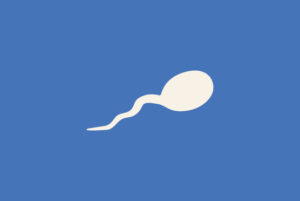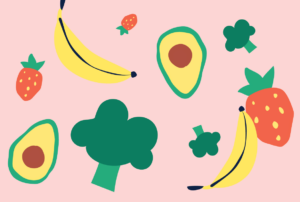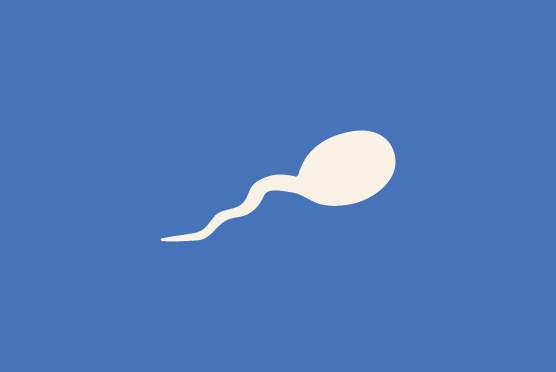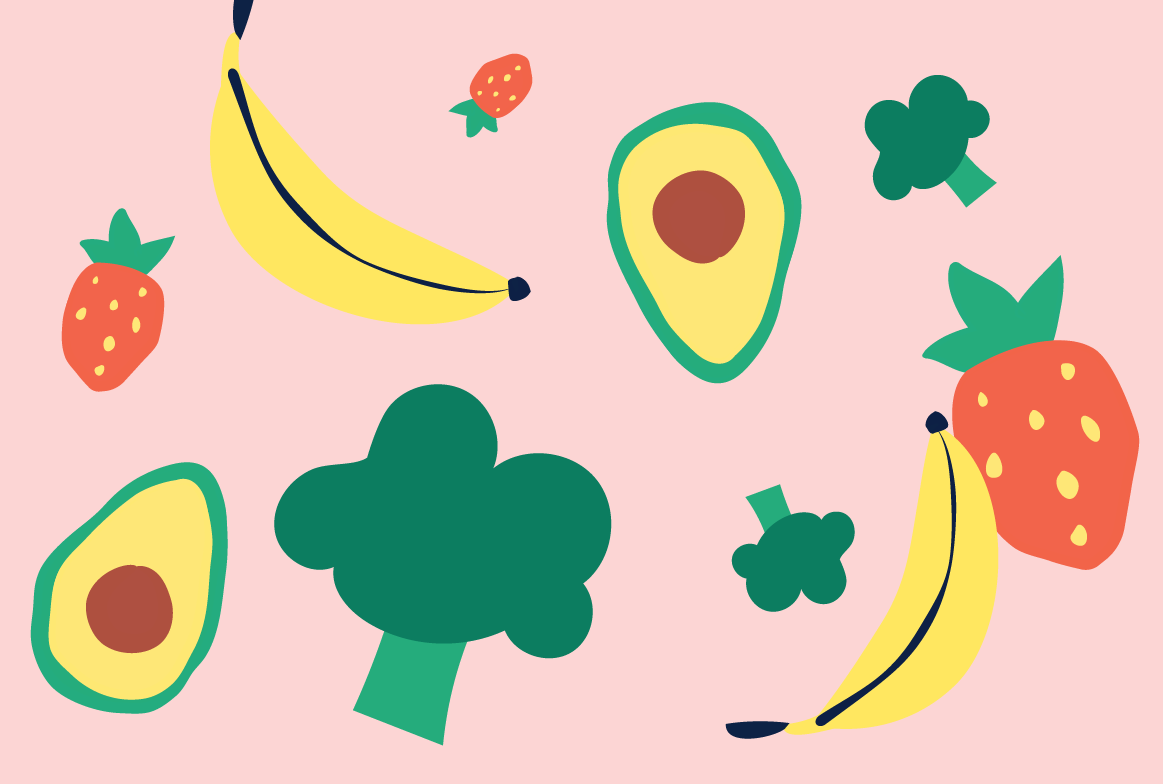Inside this article
After having a baby, it is natural to focus all of your energy and efforts into caring for your new bundle of joy. However, it is crucial to look after your own well-being as well. The early days with a newborn can be a whirlwind, and it can be easy to overlook your own needs. By prioritising the right nutrition, you can significantly support your postpartum recovery. This guide will highlight essential foods and provide quick, nutritious snack ideas to help you on your postpartum recovery.
Why is postpartum nutrition important?
Postpartum nutrition is a crucial part of your recovery. Eating the right foods can help boost energy levels during those early days of sleepless nights, support breastfeeding and milk production as well as help you heal from childbirth. The demands of pregnancy, birth, and breastfeeding are significant, and your nutritional needs change during each of these stages. While many women focus on healthy eating during pregnancy, the importance of healthy eating doesn’t end after childbirth. A well-balanced diet post-birth not only aids in your recovery but also supports the health of your baby if you’re breastfeeding.
Moreover, there is also a strong connection between nutrition and mental health. Poor nutrition has been linked with increased risk of postpartum depression, making it even more important to nourish your body adequately during this vulnerable time.
A note about postpartum weight loss
It’s natural to want to return to your pre-pregnancy body after giving birth, and some women may be keen to do this as soon as possible. This is completely understandable as the body goes through so many changes during pregnanc,y and your post-birth body may feel very different from the body you had before pregnancy.
In the early days and weeks following birth, we suggest focusing on nourishing your body with the nutrients and energy it needs to recover from both pregnancy and birth rather than focusing on weight loss.
If you are breastfeeding, your body requires additional energy to produce adequate amounts of breast milk and the body will have laid down additional fat stores during the pregnancy to support with this. Research shows us that nursing mothers with a healthy weight require 330 extra calories per day to provide the energy required for breast milk production. This can be easily achieved with a few nutrient-dense snacks, such as:
- 50g sliced apple and 12g peanut butter (approx. 100 calories)
- 4 tbsp of hummus with 1 cup of sugar snap peas (approx. 200 calories)
If you do wish to lose some weight postpartum it is advisable to wait until after your 6-week postpartum checkup. By this time your body will have had some time to heal and your uterus will likely have shrunk back down to close to its usual size, and you may feel ready to become a little more active which can support your weight loss goals.
What foods support postpartum recovery?
A well-rounded postpartum diet doesn’t need to involve cooking lots of fancy meals or take up a lot of time. The key is to include a variety of foods, such as lots of fruit and vegetables, fibre-rich carbohydrates, healthy sources of protein, and healthy fats that provide essential nutrients. Here are some key foods and drinks to incorporate into your routine that can help support your recovery:
Water
Some women may suffer from swelling after birth. It may sound counterintuitive but drinking plenty of water can help to reduce swelling and helps the body release any extra fluid it is holding on to from pregnancy. Aim for about 2 L of water per day. If you are breastfeeding, an additional 700 ml of fluid is required to support adequate breast milk production, so up your total intake to 2700 ml of water per day and listen to your thirst signals.
Yoghurt
Calcium requirements increase for breastfeeding mothers to 1250 mg per day. Dairy foods such as yoghurt and milk are excellent sources of protein and calcium. Even if you aren’t breastfeeding, including plenty of calcium-rich foods in your postpartum diet helps you to replenish your calcium stores that may have been depleted during pregnancy and protect your bone health.
Beans
High-fibre legumes such as kidney beans and chickpeas can help women with any bowel problems or constipation which are often experienced after giving birth. Eating high-fibre foods regularly can also help to reduce the risk of developing haemorrhoids postpartum.
Brown rice
Whole grain carbohydrates such as brown rice provide sustained energy, which can help tired parents fight feelings of fatigue and keep energy levels more consistent. As a bonus, whole grains are rich in nutrients like B vitamins and antioxidants, which are essential for recovery. Other whole grains include oats and brown pasta which can be used to make hearty and comforting meals, which may be what you are craving in the first few weeks postpartum.
Chicken
Some say childbirth is like running a marathon, and they are not wrong! It is a physically demanding process and consuming enough protein postpartum is essential for muscle recovery. Lean meats like chicken and turkey as well as plant-based proteins, are a perfect addition to a postpartum diet. To consume adequate protein include a source of protein with all meals and snacks. Breastfeeding mothers require more protein than normal to support adequate breast milk production. Having an additional protein-rich snack per day such as 2 boiled eggs or 150-200 mg serving of Greek yoghurt, can help you reach these additional protein requirements.
Raisins
Iron-rich foods such as raisins and green leafy vegetables help replenish iron stores, reducing the risk of iron deficiency anemia, which may be a risk factor for developing postpartum depression.
Oranges
Oranges are rich in the antioxidant vitamin C, which can help support the healing process, bolster your immune system and defend against infections during this demanding time in your life.
Oily fish
Oily fish such as salmon, mackerel, or sardines are great sources of omega-3 fatty acids, which have anti-inflammatory and antioxidant properties. Some research has shown that consuming a source of omega-3 fatty acids postpartum could reduce the risk of postpartum depression.
Conclusion
Prioritising your nutrition postpartum is one of the best ways to support your recovery post-childbirth and support your ongoing health. By choosing nutrient-rich foods, you’ll be better equipped to meet the demands of motherhood and take care of your newborn baby. Remember, nourishing yourself is not just about recovery, it’s about laying the foundation for a healthy future for both you and your baby.









